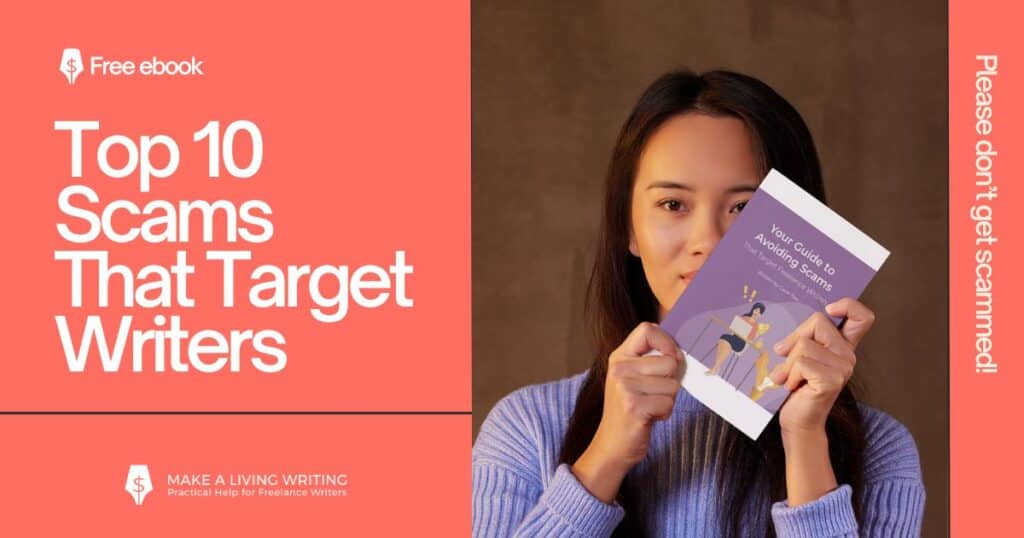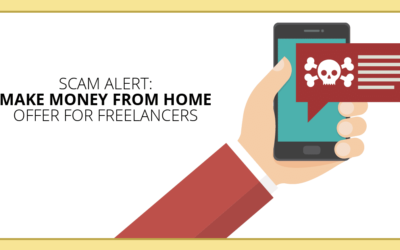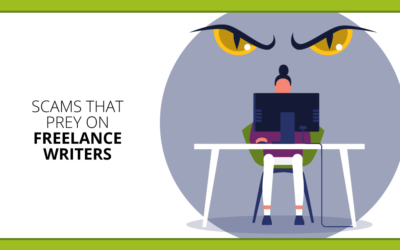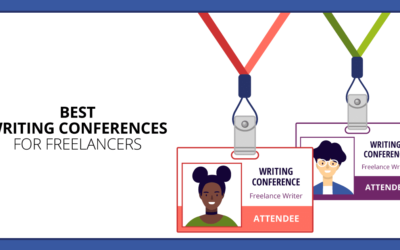One of the most frequent questions new writers and authors ask is how to price an ebook.
With many factors that go into this decision, there aren’t many easy answers or hard and fast rules.
I’ve learned how much to charge for my books through trial and error and came away with a few ideas about how to price your own.
There’s no harm in treating your ebook pricing like an experiment. When you land on a price, always keep in mind that you could revisit that price, halve that price, or maybe double that price, depending on the reception it gets.
Or you might decide to make your ebook free. There are a number of compelling reasons to do that in the right situation.
That said, how to price an ebook can be fairly straightforward if you go through the following questions.
How to Price an Ebook (on Amazon)
To sell the most books, the best price point is $0.99. You’re making some money while also getting your work out there to the highest number of readers. But at $0.99, Amazon only allows you as the author to make a 35% royalty. Once the price goes above $2.99, you can set the royalty to 70%. You might get fewer readers, but not as many less as you might think. Therefore, the best price for an ebook is between $2.99 and $9.99. In that range, you’re eligible for the highest royalty percentage of 70%.
When selling your book on your own website, the “rules” are a bit different, as you’re making 100% no matter the price point.
7 Questions to Consider for Ebook Pricing
1. What are your goals for this ebook?
The first thing to contemplate is what you’re trying to accomplish with this ebook. Maybe it’s something you’re creating as a free gift to your blog subscribers.
Or perhaps you want to use this ebook to lure readers to buy something more expensive from you later, in which case, $0.99 might be a good entry price.
If this is your magnum opus, you might choose a more substantial price, depending on how you plan to market it. Which brings us to this question….
2. Where do you plan to sell this ebook?
There are many different approaches to selling your ebook. You might decide to only sell it on your own website.
Or you might only sell on Amazon, so you can get the higher royalties offered in their KDP Select program.
Or you might decide to post it everywhere possible, on Amazon, Barnes & Noble, Kobo, Overdrive, and dozens of other book sites.
If you’re selling on mass platforms, you’ll particularly want to ask yourself….
3. What do similar authors charge?
You don’t have to charge the same sorts of prices as others in your genre or topic, but it pays to be aware of what’s out there, especially if your ebook will be featured in search results on a book site right alongside those competitors’ offerings.
If you’re thinking a 50-page ebook about gardening is worth $20, but everyone else sells their similar-length ebooks for $2.99, you’re probably not going to see many sales. If you’re only selling off your own website, you might have more leeway to price without regard to market competition.
4. Amazon’s pricing tips
If you’re selling on Amazon, keep in mind that recent data shows most bestselling e-books there are priced in the $3 to $7 range. The lower the price, the more you sell.
Amazon says its data shows if you priced an ebook at $14.99 and would have made $100,000 at that price, you’d make $179,000 from that same ebook if you cut the price to $9.99.
Lower prices greatly expand the audience of potential buyers. More people buy, getting your ideas into more hands and, often, making you more money.
At $0.99, many shoppers will consider your ebook a “no-brainer” purchase. It’s less than a buck! At that price, it’s an easy impulse buy. If you want to get buzz going, get your words into many hands, have many potential reviewers, make a lot of sales, and capture emails for selling the next ebook, this can be the price that makes it happen.
My advice: If you don’t have a $0.99-cent ebook yet, set a goal of creating one first. You want an entry-level price where readers will jump in and start getting to know you, to lay the groundwork for successfully selling a higher-priced ebook.
I’ve seen these pricing approaches work in my own ebook selling…so think hard about whether you want to go high or low. One critical factor there….
5. Is your audience big or small?
If your ebook is on a topic with a fairly small but rabidly interested audience, say, Civil War re-enactments or underwater basket weaving, you might want to go with a higher price.
You’ll be less likely to be able to use a lower price to end up earning more, because there isn’t a mass audience for your topic. Another aspect of this….
5. Do you have a list?
If you have built an audience that you can email about your ebook, you are in a better position to charge more than if you have no list.
People who like you enough to opt into an email list probably think you’re pretty awesome. So they’ll be more likely to entertain the idea of buying a higher-priced tome from you.
If all your marketing will be through mass bookselling sites to total strangers, there’s less chance that they’ll think your ebook is worth $27 when they’re looking at a page of Amazon results with other, similar books at $3.99.
But you might be able to charge more, depending on your answer to this:
6. Do you offer unique or highly valuable info?
Does your nonfiction ebook teach readers how to do something that could change their lives or earn them boatloads of cash? If so, it might command a high price.
There’s high perceived value if what I read in your ebook can be used to make me hundreds of times the price of your ebook. For instance, I’ve seen ebooks that teach you a concrete system for how to launch and market a product do very well at $97 and more.
It’s rare that your nonfiction ebook will be the only place a reader could get the information you’re offering. But maybe you’ve got a unique spin, fresh data, or a new method to offer. If so, take advantage of it.
Rare information is more valuable to readers, so you could price higher if you have something exclusive. Unique info also means your offer can’t be as easily price-compared, which helps you charge more.
7. Does your price give you flexibility?
One cautionary note about pricing your ebook super-low: It makes it hard for you to offer special deals. And you want to offer those. Putting your ebook on a limited-time sale is a proven way to generate a flurry of sales.
Among the deals I’ve offered that have sold well, for instance, are:
- Half-price introductory sales
- “Bundle” sales where you buy one ebook and get a second free
- 99 cent sales
- “Pay what you want” over $X price sales
So consider having a “list” price but discounting that price down, at least on occasion. You’ll drive a lot more interest in your ebook.
Once you select a price, remember my short answer: how to price an ebook is all an experiment.
Don’t ever think your price is set in stone or that you have to price like everybody else. Every author’s situation is unique, so feel free to carve your own path with how you price.
The ebook world is changing fast, so remember to revisit your price from time to time and consider whether it’s still the best one. Pricing correctly is one of the keys to creating a book that sells well, so keep tinkering.










